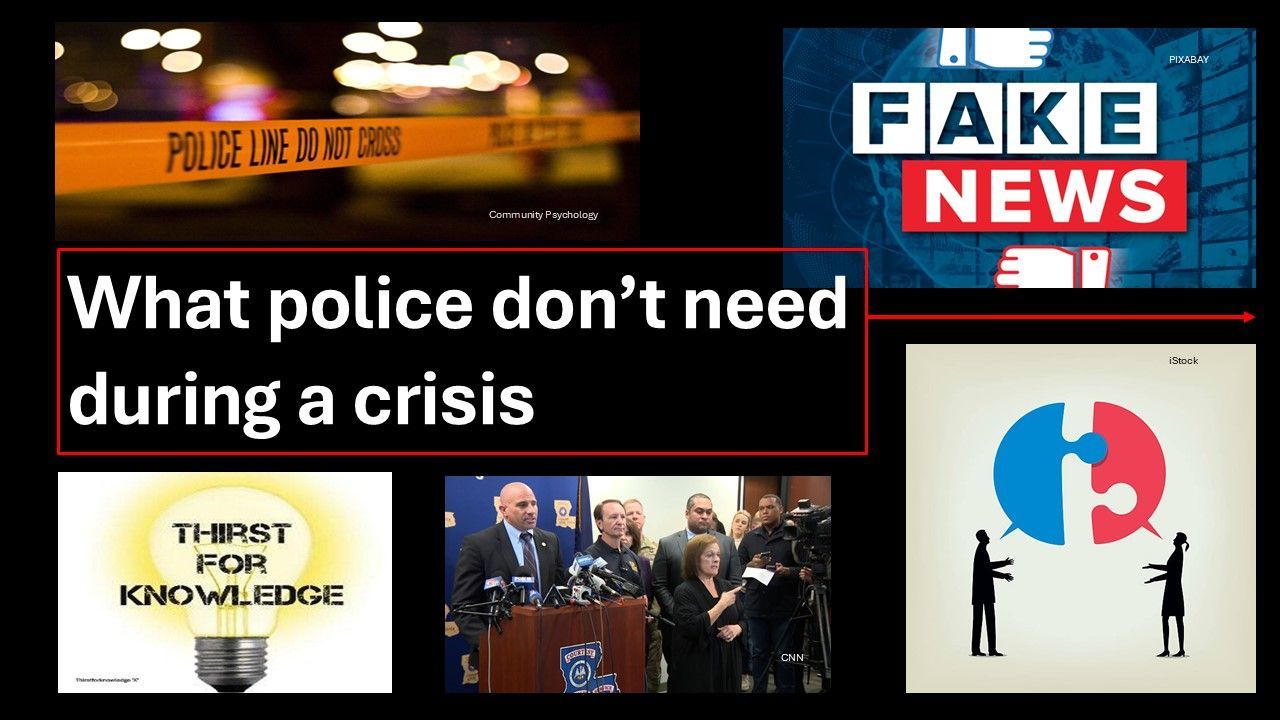New Paragraph
I didn’t know that I was afraid of change until someone pointed out to me that most people are. Frankly, I hadn’t really thought about it.
But over the years, on both professional and personal fronts, I began to realize that some things were just easier to leave as is. It could be as simple as a change of social plans or trying to figure out how a new microwave works; going from paper files to computer technology; or on a larger scale, moving to a new home and neighbourhood. I eventually learned that people fear change because the status quo is too easy. But changes were fairly seldom and more minor then.
We now live, work and play in a rapidly changing world. Change is coming at our lives and careers – and at our organizations, twenty-four hours a day, seven days a week. Sometimes those changes are but minor speed bumps on the great road of life and at other times they are seemingly monstrous cliffs that will take every ounce of will we can muster to either defeat or circumvent them.
The ongoing cycle of change is not about to go away soon. Technological advancements are coming at us at lightning speed. Many of them make our lives easier, but others create organizational challenges in terms of exorbitant financial, training and implementation hurdles. Others impact the lives of many as simply unaffordable or too difficult to manipulate for an aging population, forcing some to live outside the digital world. Cybercrimes like identity theft; internet bullying; public shaming through social media platforms; and the sexual exploitation of children, don’t only impact enforcement agencies and the judicial system, they impact us all, either directly or through the victimization of friends and family.
The ravenous twenty-four-hour news cycle of mainstream media combined with assorted social media platforms continue to transform how we receive and digest news stories. We are continually bombarded with information – much of it unconfirmed and inaccurate. Who and what do we believe? The days of standing at a grocery store checkout and reading gossip magazines to learn that a three-hundred-pound male pro wrestler gave birth to a Tasmanian Devil, have been replaced with social media bursts that we can read anytime and anywhere on our smart phones.
The COVID pandemic negatively impacted the entire world. Despite best efforts, many of us got COVID – some more than once, but the majority of the world tried to avoid it, either by isolating from friends and family and perhaps avoiding any public gatherings or settings and or by wearing masks and disinfecting our hands and more.
It was a game-changer in terms of public health – physically and mentally. It was ‘change exercise’ extraordinaire
Other change issues through societal events and socioeconomic matters have increased levels of stress among people in communities around the world.
We’re experiencing international conflicts that are more devastating than many people of the world have seen in their lifetimes; the increasing threat of terrorism; domestic mass shootings; large, violent and protracted public protests; guns and gang violence; rising housing prices; climate change and the related public safety threats; and very divisive political turmoil – just to name a few.
From an employee perspective, volatile economic and trade markets that may significantly alter or eliminate some industries are always a concern to an employee that is hoping to see their career through to retirement.
Emerging technologies have impacted workforces significantly. Artificial Intelligence is predicted to put masses of people out of work as it matures and expands. Every change of government at the federal or state/provincial level brings political promises to “end this” or “build that”. That affects markets, different industries, jobs, farmers, etc., etc.
The stress of “how will this impact my life, career, stock portfolio, investments, interest rates and my ability to feed my family” undoubtedly takes a toll on many segments of society.
It’s easy for people to say that they will not stress over things they cannot change. I wholeheartedly agree – in theory. But actually doing it is a different story. Those fears and that stress may change how we live our lives and can also change our perception of our safety and security and that of those we love.
That’s where leadership comes in. In companies, government agencies, the media, educational institutions and at all political levels. We need leaders from top to bottom who communicate effectively and will listen to the concerns, fears and suggestions of those they lead.
We need leaders that will make well-informed decisions that are always in the best interest of those they serve and lead, regardless of self-promotion and political party goals.
We need leaders that are honest. Leaders that will tell us the truth regardless of whether the news is good or bad. We need to know they’ll always try their best, but when they fail they’ll stand tall before us and admit failure but go on to explain how they intend to mitigate the problem.
We need leaders that will build our trust – day after day, in good times and in difficult times. Then when the nuclear dumpster-fire begins, we can all look up and confidently say, “That’s our leader. He (or she) will get us through this.”
Are we getting that kind of leadership in our daily lives? Does that describe your leaders at work? Is that what we are seeing in government agencies, large corporations and in elected officials – locally, provincially and nationally? I do not think we are, except in isolated pockets.
Personally, I don’t believe that this politically divisive, dog eat dog world that more often than not teaches: “If you can’t beat them lie about them” and “Screw your colleague over to better your position yourself”, has developed the type of leaders we need.
We cannot negotiate the change, the challenges and the stressors of the current world without ‘leadership’ and we’re not getting it.
So how do we do it? Stay tuned.
Next article: “Leading in a Changing World”.




